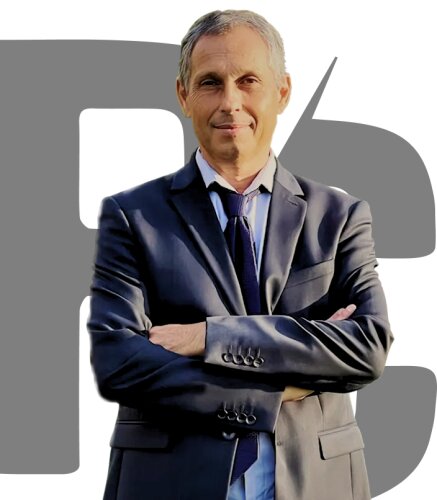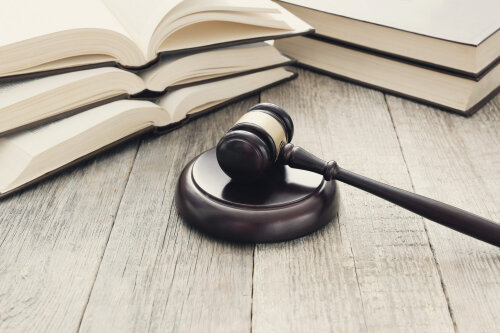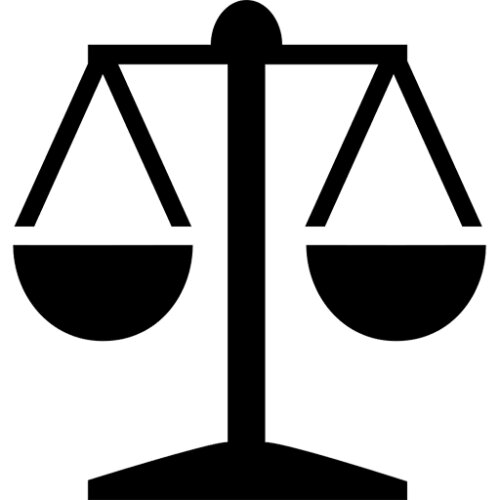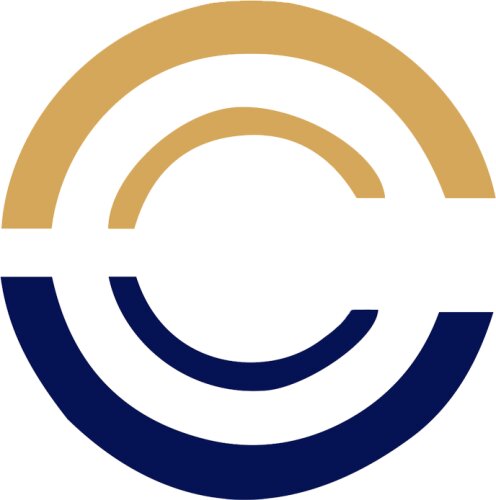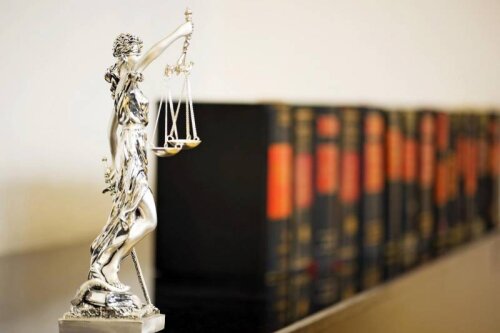Best Communications & Media Law Lawyers in Nice
Share your needs with us, get contacted by law firms.
Free. Takes 2 min.
List of the best lawyers in Nice, France
About Communications & Media Law in Nice, France
Communications & Media Law in Nice, France, deals with the legal regulations and issues surrounding the dissemination of information through various media channels, including television, radio, print, and digital platforms. This area of law ensures that media organizations operate within the guidelines set out to protect free speech, ensure public decency, prevent defamation, and uphold the privacy rights of individuals. Compliance with these laws is crucial for media entities, broadcasters, journalists, and individuals involved in the communications sector.
Why You May Need a Lawyer
There are numerous situations where individuals or organizations might seek legal assistance in Communications & Media Law. These can include, but are not limited to:
- Defamation Claims: Addressing accusations of defamation through libel or slander in print or broadcast media.
- Intellectual Property Issues: Ensuring that content creation complies with copyright laws and handling disputes over intellectual property infringement.
- Regulatory Compliance: Navigating the complex regulatory landscape, including licensing requirements and broadcasting standards.
- Privacy Concerns: Protecting personal data and managing issues related to invasion of privacy.
- Advertising Regulations: Ensuring marketing and advertising campaigns adhere to legal standards to avoid misleading consumers.
- Content Censorship: Resolving disputes around content censorship and the right to free speech.
Local Laws Overview
Nice, France adheres to several national and European Union regulations governing Communications & Media Law. Key aspects of local laws include:
- Defamation Law: French defamation law is strict, making it illegal to publicly damage someone's reputation through false statements.
- Privacy Laws: France has robust privacy protections, including laws that limit the collection and use of personal data, consistent with the General Data Protection Regulation (GDPR).
- Broadcasting Regulations: TV and radio broadcasters must adhere to guidelines set by the French audiovisual regulatory authority (CSA); this includes content standards and licensing requirements.
- Copyright Law: Protection of intellectual property, including the use of copyrighted materials in media, is strongly enforced, following both French and EU directives.
- Advertising Standards: Advertising must comply with specific regulations to prevent misleading or harmful messages, governed by the ARPP (Autorité de Régulation Professionnelle de la Publicité).
Frequently Asked Questions
1. What is defamation, and how is it handled legally in Nice?
Defamation involves making false statements that damage someone's reputation. In Nice, as in the rest of France, defamation is a criminal offense, and those found guilty can be subject to fines or imprisonment.
2. How can I protect my intellectual property as a content creator?
You can protect your work by registering it with the appropriate intellectual property office. Additionally, France's copyright laws and EU directives provide robust protection against unauthorized use.
3. What should I do if my privacy has been violated by a media outlet?
If you believe your privacy rights have been infringed, you can file a complaint with the French Data Protection Authority (CNIL) or pursue legal action for invasion of privacy.
4. Are there specific regulations for online content in Nice?
Yes, online content is subject to regulations that protect against harmful or illegal material, ensure data privacy, and uphold copyright laws.
5. Can I advertise anything I want in media publications?
No, advertisements must adhere to legal standards that prevent false claims, misrepresentation, and ensure the protection of minors and public health.
6. How do broadcasting licenses work in Nice?
Broadcasting licenses are obtained through the CSA, which sets conditions that broadcasters must meet, including content regulations and technical requirements.
7. What are my rights if a media outlet publishes defamatory content about me?
You have the right to seek legal redress, which could include retracting the defamatory statement, issuing an apology, and compensatory damages. Legal action can be initiated through civil or criminal court.
8. How does GDPR affect media organizations in Nice?
GDPR imposes strict rules on how media organizations handle personal data, requiring clear consent for data collection and giving individuals rights over their personal information.
9. Can controversial opinions be censored in Nice media?
France upholds freedom of speech, but it is balanced against restrictions on hate speech, defamation, and the protection of public order. Content may be censored if it violates these laws.
10. What is the process to file a complaint against a media outlet?
Complaints can be directed to regulatory bodies like the CSA for broadcasting issues, the ARPP for advertising concerns, or the CNIL for privacy breaches. Legal action can also be taken through the courts.
Additional Resources
For more information and assistance, consider reaching out to the following resources:
- CSA (Conseil Supérieur de l'Audiovisuel): The regulatory authority for audiovisual content.
- CNIL (Commission Nationale de l'Informatique et des Libertés): The French Data Protection Authority.
- ARPP (Autorité de Régulation Professionnelle de la Publicité): The regulatory authority for advertising standards.
- INPI (Institut National de la Propriété Industrielle): The French intellectual property office.
- Local Law Firms: Seeking advice from local law firms specializing in Communications & Media Law can provide tailored legal assistance.
Next Steps
If you need legal assistance in Communications & Media Law, consider the following steps:
- Identify the Issue: Clearly define the legal issue you are facing, whether it involves defamation, privacy, intellectual property, or compliance.
- Gather Documentation: Collect all relevant documents, communications, and evidence related to your case.
- Consult a Lawyer: Contact a lawyer or law firm specializing in Communications & Media Law to discuss your situation and receive expert advice.
- Explore Resources: Utilize the additional resources mentioned above to understand your rights and obligations better.
- Take Action: Follow the guidance of your legal counsel to resolve your issue, whether through negotiation, regulatory complaints, or legal proceedings.
By understanding the legal landscape and seeking appropriate help, you can effectively navigate the complexities of Communications & Media Law in Nice, France.
Lawzana helps you find the best lawyers and law firms in Nice through a curated and pre-screened list of qualified legal professionals. Our platform offers rankings and detailed profiles of attorneys and law firms, allowing you to compare based on practice areas, including Communications & Media Law, experience, and client feedback.
Each profile includes a description of the firm's areas of practice, client reviews, team members and partners, year of establishment, spoken languages, office locations, contact information, social media presence, and any published articles or resources. Most firms on our platform speak English and are experienced in both local and international legal matters.
Get a quote from top-rated law firms in Nice, France — quickly, securely, and without unnecessary hassle.
Disclaimer:
The information provided on this page is for general informational purposes only and does not constitute legal advice. While we strive to ensure the accuracy and relevance of the content, legal information may change over time, and interpretations of the law can vary. You should always consult with a qualified legal professional for advice specific to your situation.
We disclaim all liability for actions taken or not taken based on the content of this page. If you believe any information is incorrect or outdated, please contact us, and we will review and update it where appropriate.



